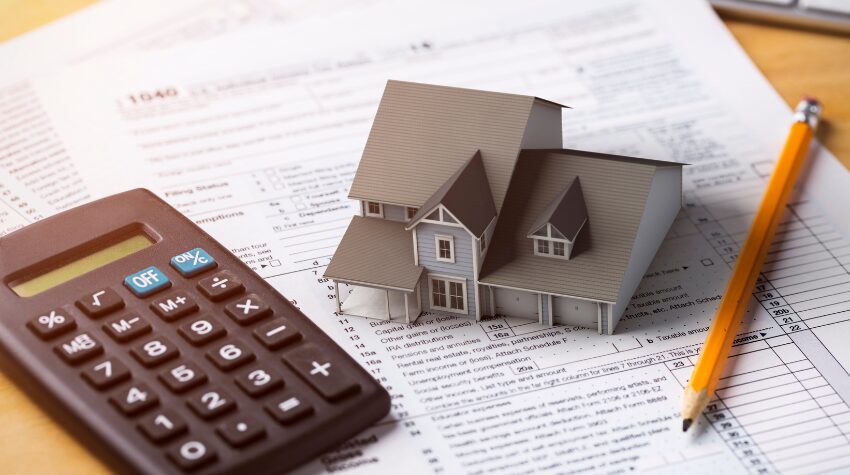
You’re not reckless. You’re cautious.
You think things through, analyze your options, and do your best to make the right decisions. You wait for the right moment.
And yet… you feel stuck.
It’s a contradiction many people face: you’re doing “everything right,” and still not seeing results. You keep renting even though you could buy, you save but don’t invest, you postpone decisions in case “something better comes along.”
That sense of being on pause may seem temporary—but over time, it becomes exhausting.
What no one tells you is that always playing it safe also comes with a cost.
You may not see it in your bank account, but you’ll feel it in your energy, your motivation, and your confidence.
The invisible trap of caution
Most of us were raised with a clear definition of what it means to be financially responsible: avoid debt, don’t overspend, stay away from risk during uncertain times. Wait. Plan. Be “smart.”
But often, that caution turns into an excuse.
We say things like “once rates come down,” “once I’ve saved more,” “once the market settles…” and the months go by.
Without realizing it, the habit of waiting becomes the new comfort zone.
A zone that doesn’t feel dangerous—but also doesn’t let you move forward.
When playing it safe holds you back more than it protects you
There’s a difference between acting with strategy and avoiding action out of fear.
One moves you forward. The other keeps you frozen.
That paralysis can show up in small, quiet ways:
- Avoiding your numbers because you’re afraid of what you’ll see.
- Holding back from applying for pre-approval because “you’re not ready yet.”
- Staying in the same situation even though something in you knows it’s time to change.
- Justifying inaction with thoughts like, “I’ll just wait and see what happens.”
All of that slowly drains your mental energy.
And over time, it starts affecting your finances too.
What’s the real cost?
Waiting feels harmless. But it has consequences.
Some are obvious: missed opportunities, higher rates, a mortgage you no longer qualify for.
Others are internal—and in many ways, even more powerful:
You lose time.
And unlike money, time doesn’t come back.
You lose motivation.
Without action, everything starts to feel stagnant.
You lose confidence.
You begin to doubt your ability to make good decisions.
And perhaps hardest of all:
You lose connection to your goals.
Because when you stop moving forward, you also stop dreaming.
So… what should you do?
You don’t need to jump in blindly or make impulsive decisions.
It’s about moving—just a little.
It’s about regaining the feeling that you’re in control.
That movement can be simple:
- Review your accounts this week.
- Book a call to explore your mortgage options. Just click here to schedule a free 30-minute consultation with us.
- Cancel an expense you’ve been meaning to cut for a while.
- Write down one goal you’d like to reach this year. Just write it down.
You don’t need to fix everything in one day.
You just need to break out of waiting mode—and take the first step into action.
Final Thought
Playing it safe isn’t a bad thing. But if you always choose the most comfortable option, you may also be choosing to stay exactly where you are.
And if there’s a part of you that wants more—more clarity, more stability, more freedom—then it’s worth asking: What’s really holding me back?
At UCC Mortgage Co., we’re not here to rush you into anything.
We’re here to help you make informed decisions—with calm, clarity, and direction.
Because moving forward isn’t just about money.
It’s about energy. Confidence. Peace of mind.
And none of that is built by waiting for the perfect moment.








